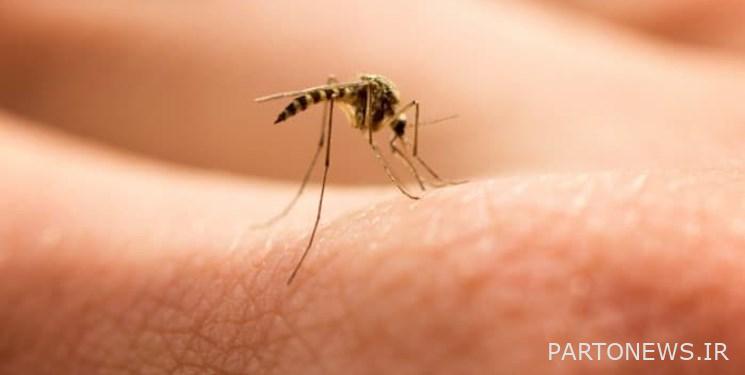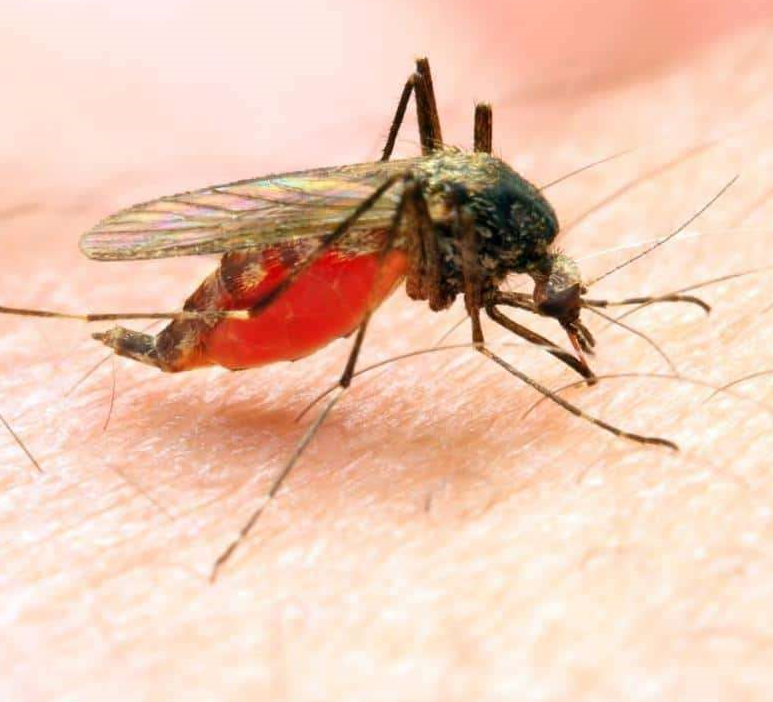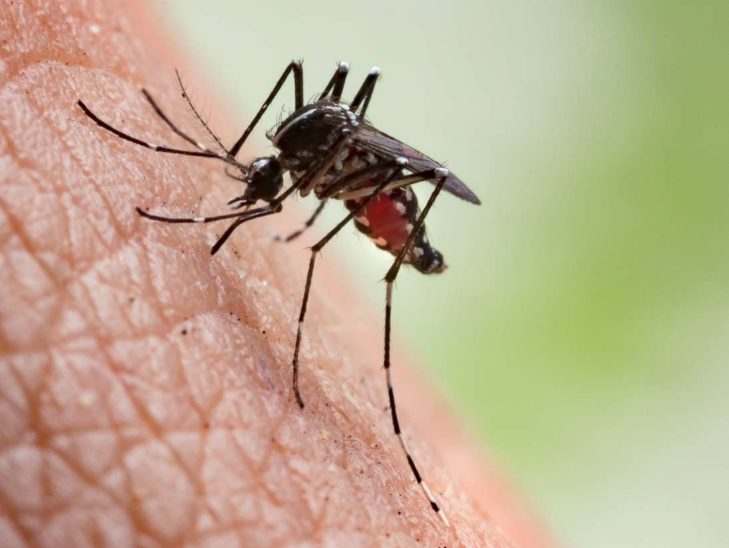
Health Department of Fars News Agency:Today, April 25th, is World Malaria Day.Malaria is one of the most common vector-borne diseases caused by the presence of a protozoan parasite called Plasmodium in human blood. Plasmodium grows inside the red blood cells and after growth, it multiplies and causes the red blood cells to rupture and the symptoms of malaria appear.
Every year, 500-300 million people in the world get malaria and more than 1 million of them die.
In the world, every second, that is, in saying every word of malaria, 10 children struggle to fight death from malaria. The total number of malaria cases in the world is more than 5 times the total (tuberculosis, AIDS, measles, leprosy) combined. Most cases of the disease Malaria in Iran is related to the provinces of Sistan and Baluchistan, Hormozgan and the tropical part of Kerman.
The cause of the disease is single-celled parasites called Plasmodium. There are three types of Plasmodium in Iran, Plasmodium falciparum is the most dangerous and if not treated, it can cause the death of the patient.
The disease vector is female Anopheles mosquitoes. In Iran, 19 species of Anopheles mosquitoes are known, 7 of which are disease carriers. Anopheles mosquitoes spend most of their blood feeding time at night.
Commune period
The incubation period varies according to the type of parasite and it is 7-14 days in vivax type.
The way of disease transmission
The most common method of disease transmission is through the bite of a female Anopheles mosquito from a sick person to a healthy person.
Symptoms
People who are infected with malaria first feel cold and then shiver and then have fever and finally sweat, which are called the stages of malaria attack. Other symptoms of malaria are headache, vomiting, enlarged spleen, anemia and muscle pains.
Disease diagnosis method
The simplest and most reliable way to definitively diagnose the disease is a blood test, which can be detected by preparing a blood sample in less than half an hour.
Malaria infection generally presents with signs and symptoms such as fever, chills, headache, nausea and vomiting, or muscle pain and fatigue.
Daud Yadagarinia, Head of Infectious and Tropical Diseases Research Center of Shahid Beheshti University of Medical Sciences At this Relation declared: Malaria is considered an old parasitic disease that mankind has been dealing with for years; As in most countries of the world, cases of malaria mosquito bites are still reported.
Fever and chills are 2 symptoms of malaria
The head of the Infectious and Tropical Diseases Research Center of the university pointed out that the existence of malaria is unusual in temperate climates and said: But bites by infected mosquitoes are still seen in the southern and warm cities of the country. Malaria is a dangerous disease that is caused by the lack of compliance In some countries, it is transmitted to the human body by the bite of an infected mosquito and appears with symptoms such as fever and chills.
Symptoms appear between a few weeks and a year
This university professor stated that malaria is a disease caused by a parasite and this parasite is transmitted to humans through the bite of an infected mosquito. However, different types of malaria parasites can remain dormant in the body for up to a year.
He continued: Proliferation, attack and destruction of red blood cells is one of the most important events that occurs in the body after being bitten by an infected mosquito.
Head of the Infectious and Tropical Diseases Research Center of the university, emphasizing that Malaria infection generally presents with signs and symptoms such as fever, chills, headache, nausea and vomiting, or muscle pain and fatigue., continued: Shivering is the first symptom of this disease; After fever and sweating every 24 or 48 hours, the usual cycle of this disease is considered.

Yadagari Nia continued: There are different types of malaria parasites that show different complications. Some models of malaria can be fatal and cause serious damage to the brain system in such a way that the parasites block the small vessels of the brain or other organs and finally the person may have a seizure or a decrease in consciousness.
The severe form of malaria attacks the whole body
He emphasized: Malaria disease, especially in more severe forms, can attack all organs of the body such as kidney, lung and brain. As an example, this parasite can cause extensive destruction in the kidneys; in such a way that disorders occur in the urine of a person.
The professor of Shahid Beheshti University of Medical Sciences emphasized that fortunately malaria can be treated and added: The point is that the parasites become resistant to some drugs and mosquito repellents, and this makes the treatment of this disease a challenge.
Yadagari Nia continued: The biggest risk factor for contracting malaria is living or visiting areas where this disease is common.
Pakistan and Afghanistan are the 2 main centers of malaria
He announced the significant reduction in the number of malaria cases in the country and noted that some of the cases of bites that are reported in the country are often imported from neighboring countries such as Pakistan or Afghanistan.
He added: Spraying places where there is a possibility of mosquitoes, sleeping under a net, especially those that are anti-insects, can help prevent mosquito bites while sleeping.
Referring to the ways of transmitting malaria to another person, this university professor said: If an uninfected mosquito bites a person with malaria, it will be infected with malaria parasites and can transmit it to other people.
Malaria is most active between sunset and sunrise
The university faculty member offered solutions to prevent the occurrence of malaria and added: If you live somewhere or travel to an area where malaria is common, be aware that mosquitoes are more active between sunset and sunrise; Therefore, to protect yourself from mosquito bites, you should cover your skin, wear pants and long-sleeved shirts, and use insect repellent for your skin and clothes.

Using a spray containing DEET on the skin and a spray containing permethrin to use on clothes were other things Yadgarini mentioned to prevent malaria.
The head of the University’s Center for Infectious and Tropical Disease Research mentioned other ways of malaria transmission from mother to unborn child, through blood transfusions and sharing of used needles.
Be careful! that we are in the days when the air temperature tends to be warmer every day and traveling and being in nature and wearing short clothes are more common and these conditions are suitable for the transmission of various diseases including malaria and the best measure is to observe hygiene; In such a way that if we are present in different areas to use and enjoy the nature, we should follow the necessary health tips to avoid being harmed and suffering from this disease.
end of message/

